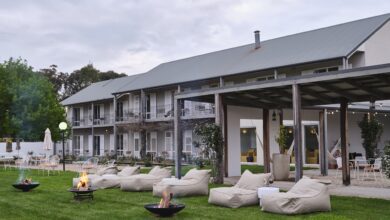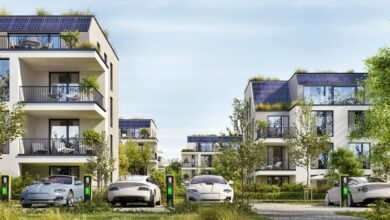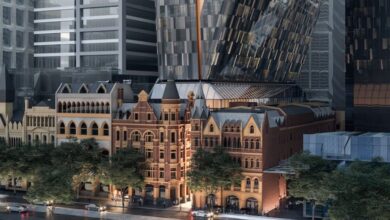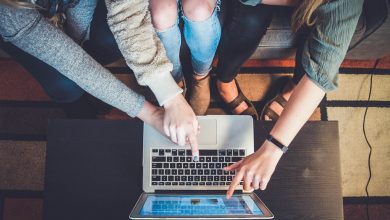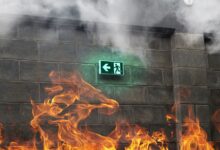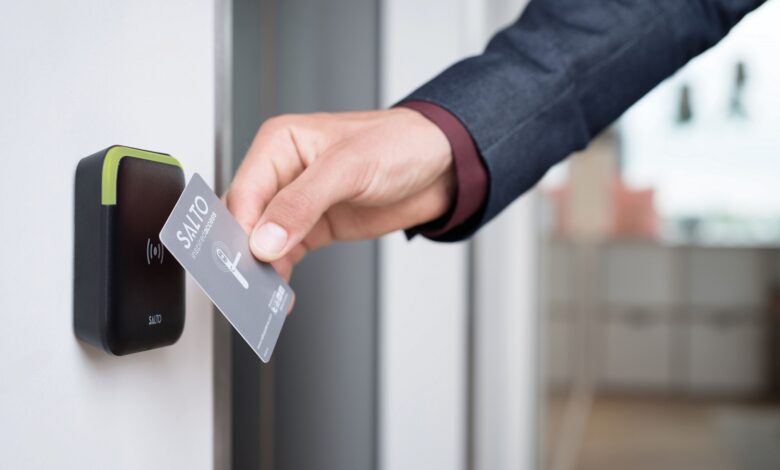
Relaxed accommodation access control makes guests uneasy
Personal safety: Accommodation security now a key priority for travellers
Borders have reopened and tourists are eager to see more of the world. However, while masks and social distancing may have relaxed, personal security remains a high priority for travellers.
Earlier this year, the 16-storey Londoner Hotel made headlines after installing over 500 CCTV cameras in the interests of security for their “high profile” guests and extensive art collection.
Our latest AccomNews print issue is available now! Read it HERE.
In the United States, hotel employee unions are proposing legislation that would mandate personal panic buttons for all hospitality workers. It follows a hotel siege in Somalia that left 21 people dead in late August. These recent examples highlight the need for a renewed focus on safety and security for property, hotel guests and staff.
There is now overwhelming evidence that the mindset of guests changed in recent years, with survey after survey revealing that travellers prioritise security and safety.
With terrorist attacks and crimes in hotels making headlines globally, it could be theorised that the mindset of the traveller has changed from one of ‘it won’t happen to me’ to one of ‘it might happen to me’.
Studies have consistently shown that hotel security is an important factor when booking, with guests responding especially well to safety and security features they could see and touch (sprinklers, CCTV, smoke detectors, and so on) considering them an important part of a hotel’s ‘service-scape’.
And importantly, studies found that guests are willing to pay more for additional safety and security measures.
A 2020 study of female solo travellers highlighted the need to help guests feel safe and secure within the hospitality accommodation setting.
From the 181 study participants, researchers determined the elements of the hotel stay that caused the greatest uneasiness.
The check-in process was found to be one of the greatest causes of anxiety for solo female travellers, who felt that checking in alone left them vulnerable to criminal behaviour.
Additionally, entry points such as the parking area, corridors, elevators, and other spaces where travellers could be followed were reported to be big areas of concern. However, unlike other venues or public spaces, accommodation offerings must juggle the importance of visible safety and security measures while also creating a hospitable and welcoming environment.
The balancing act between providing a comfortable and inviting space and one that adequately responds to security concerns requires nuance and forward-thinking.

To help you select the correct security system for your accommodation, AccomNews spoke to industry expert Tim Kneebone, the Hospitality Vertical Manager, Salto Oceania. He determined that the use of technology provides the best and most discreet defence for perimeter security for accommodations.
He said: “Technology not only secures the perimeter but also allows accommodation providers to fulfil their duty of care to their guests and staff alike.”
According to Mr Kneebone, the major danger zones are the multiple access points to your property.
“Both guests and staff need to have the appropriate access rights to an entry point. Should someone try and access an area they do not have the rights to, or if a door is forced or left open, the manager of the property should be notified in real-time, so they can act accordingly” he said.
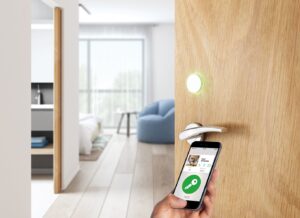
“Therefore, the best way to keep accommodation perimeters secure relies on real-time electronic access control.”
He explained this can be done by “using a fully integrated security solution including online access control integrated with CCTV. Staff and guests can be kept safe in the knowledge that their movements and the movements of others is being monitored for their safety.”
On CCTV, he said: “It is an important aspect of accommodation security and when fully integrated with cloud-based access control, numberplate, and facial recognition technology it provides reassurance that a premises is secure and much less likely to suffer from theft and vandalism. Moreover, if security is ever breached it is comforting to know that a manager is notified in real-time and the event is recorded.”
Late check-in is another accommodation activity and access point where it is vital to make guests feel comfortable, safe and secure. And again, Mr Kneebone said technology is the key.
“By utilising self-check-in technology solutions guests can be issued a pin code or a mobile key ahead of their stay which is only valid for the duration of their booking,” he said.
“This means that guests arriving after hours can open the front door and comfortably proceed to their room. This avoids any risk to those arriving in the dark and it eases worries such as being unable to safely enter the property.”
Finally, on future technologies, Mr Kneebone revealed: “Utilizing cloud technology to manage your access control requirements means you can monitor your accommodation from anywhere in the world in real-time.
“User rights can be updated, and mobile keys can be issued simply using the application on a mobile phone. If someone is having problems getting access to their room, the manager can verify their identity and remotely open the door from anywhere in the world.

AccomNews is not affiliated with any government agency, body or political party. We are an independently owned, family-operated magazine.

